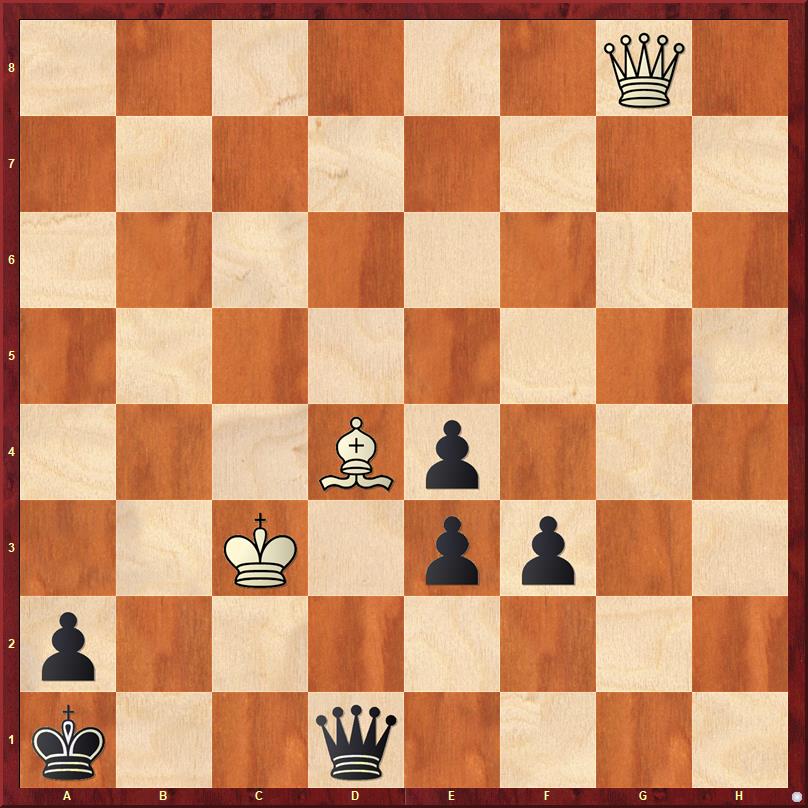Heijden's Study Database, Now With (Almost) 94,000 Entries
 Friday, July 16, 2021 at 11:46PM
Friday, July 16, 2021 at 11:46PM I'm a big fan of endgame studies - not to be confused with problems. Some folks love mate-in-X problems, or helpmates or selfmates or other still crazier tasks. God bless 'em; it's not my thing. But studies? They're great. They are compositions, but the vast majority of the time the positions are realistic. They are great for practicing one's calculation skills and developing one's imagination, and good studies will almost always have surprising or beautiful moves and ideas, and generally both.
There are a few good books with studies, but not too many, and at most they might have a 2,000-3,000 entries. With the latest (sixth) version of study composer and judge Harold Van Der Heijden's database, you'll have a significant percentage of all the best studies ever composed, right up until late 2020. All the great old composers, including people like Troitsky, Reti, Prokes, Rinck, Kling & Horwitz, Kasparyan, Grigoriev; and the more contemporary ones - including some legends of OTB chess - like Benko, Smyslov, Timman, Mitrofanov, Gurdenidze, Vukcevich, Nadreishvili, Costeff, Afek, etc. are all there. If Van Der Heijden could get his hands on it, it's there.
As noted earlier, this is the 6th edition of his study database. 11(!) years ago I reviewed the 4th edition, and now, with an additional 18 thousand or so entries in this edition, I can heartily recommend it once again - go here for purchasing information.
To give a very small taste of the contents, I've decided to pick four studies from the 30 most recent entries. I didn't go looking for ones that won contests or that were composed by the legends of composition. These are just four nice, relatively simple and accessible entries chosen from a random sample that I hope you'll enjoy, and that will show that there are little gems and nice exercises to be found everywhere. The studies are presented in two stages: first the position and the task, and in the next entry the solution as given in the database, with some verbal explanations of my own added in. Have a look here.
Again, I very much recommend getting this database - the beauty of endgame studies almost always surpasses the products of over the board play (as it should), and it is among the best things you can do to work on your tactical skill.
 endgame studies
endgame studies 